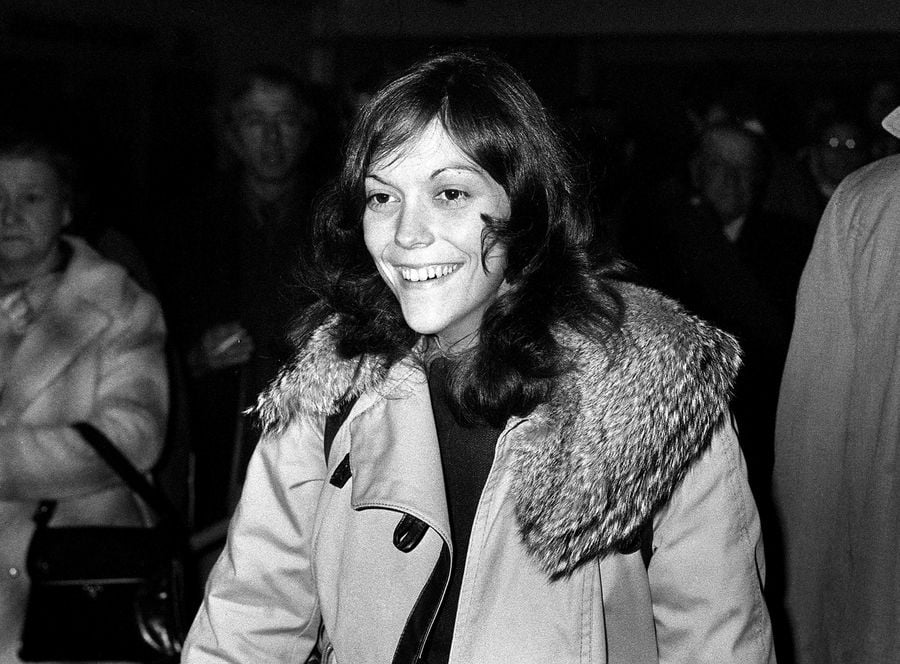When Karen Carpenter stepped to the microphone and sang “I Need to Be in Love,” the world wasn’t simply hearing another ballad—it was experiencing something almost otherworldly. Her voice seemed untouched by time or technology, free from auto-tune or studio polish. It was just Karen: clear, luminous, and impossibly pure. Fans often described her tone as “liquid diamond,” a sound so smooth and flawless it hardly seemed human. Every word was delivered with effortless precision, as if the song itself was breathing through her.
What left people in awe wasn’t only her immaculate control, but the serenity with which she achieved it. Unlike singers who twist their faces or strain for the high notes, Karen stood still, poised, unshaken. She would simply open her mouth, and suddenly the air transformed into music. It was less a performance than a revelation—beauty channeling itself through her.
Yet her gift was never mechanical. Beneath the polish lived vulnerability and tenderness. In “I Need to Be in Love,” every phrase carried longing, every syllable felt like a confession whispered to the listener alone. The song was technical perfection wrapped in fragile honesty—an impossible balance only Karen seemed able to master.
Musicians who worked with her often marveled that her live performances sounded indistinguishable from her studio recordings. She never drifted off-pitch, never faltered. Even on difficult days, her instincts guided her notes flawlessly, as though her voice was governed by something beyond training or discipline. Some wondered aloud if Karen Carpenter was even capable of singing out of tune.
For audiences, the astonishment came in realizing her perfection never felt artificial—it felt natural, inevitable. She made the extraordinary look effortless, leaving behind a mystery that still lingers: how could a voice be so technically flawless and yet so heartbreakingly human?
Decades later, her recordings continue to captivate new listeners online. Each resurgence of “I Need to Be in Love” sparks floods of comments: amazement at her effortless control, disbelief at her tone, gratitude for the gift she left behind. One fan once said it best: “All she had to do was open her mouth—and music simply existed.”
Karen Carpenter wasn’t merely a singer. She was a phenomenon—an artist whose voice remains unmatched, a miracle of sound. Though her life ended far too soon, the recordings endure, shimmering with that same liquid brilliance. They remind us that sometimes, the greatest artistry isn’t crafted—it’s born.

